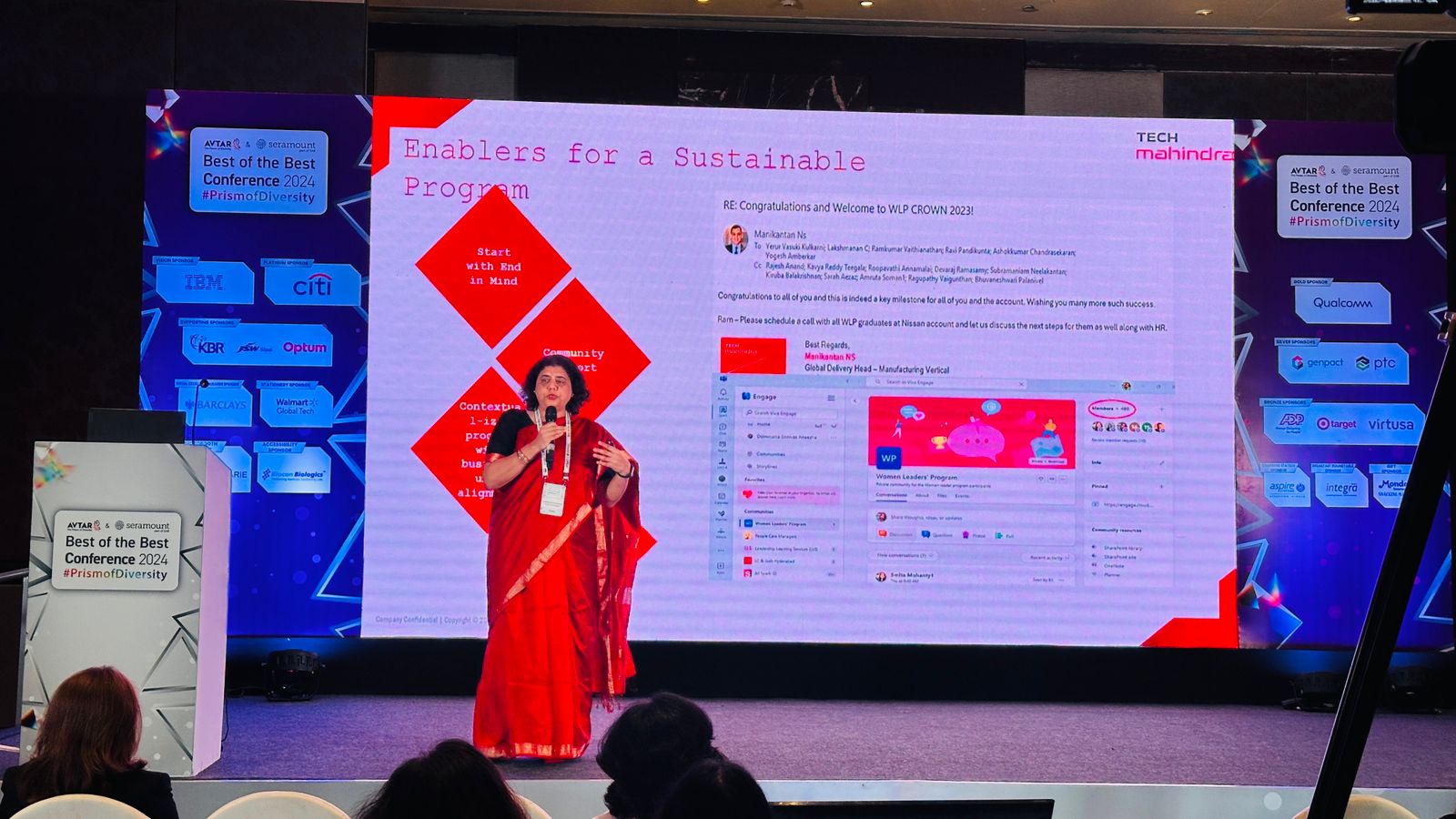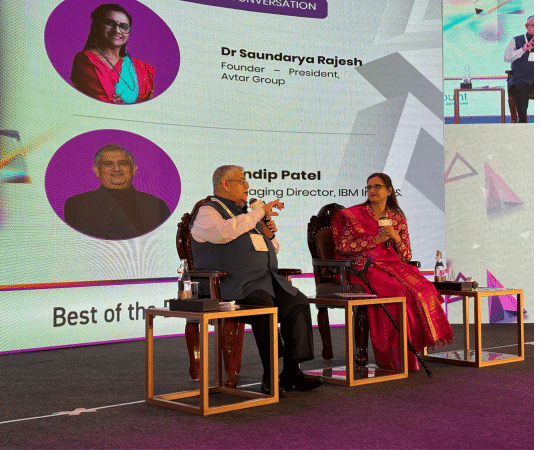Let me start with a question: Does it matter to you whether others like you? Odds are that your answer is a ‘yes’ (mine is too) though you may not like to admit it. Most of us want others to have favourable perceptions of us. However, the degree of this longing may vary from one person to the next. For example, extroverts who highly value social connections or people struggling with low confidence tend to experience a greater desire to be liked by others. In any case, the longing for acceptance and approval is ubiquitous among humans, whether at home, in the workplace, in a social setting or elsewhere.
But here’s the thing: Research shows that women find it harder to get people to like them compared to men, particularly in the workplace, and especially as they climb up their career ladders. Sheryl Sandberg talks about the correlation between success and likeability for men and women, in her TED talk. She says, “Success and likeability are positively correlated for men, and negatively correlated for women. Everyone’s nodding because we all know this to be true.”
She goes on to discuss a famous experiment conducted around 2002 by Francis Flynn, then a professor at Columbia Business School, currently at Stanford. Flynn picked Heidi Roizen, a successful venture capitalist and an entrepreneur, as the subject for one of his case studies related to leadership. But he gave the study an interesting twist. Flynn changed the name from Heidi to Howard in some of the case studies. So, one half of his class had the case study with Heidi’s name and the other half had the same case study with Howard’s name. The students found Heidi and Howard on par in terms of competence but found Heidi less likeable than Howard because they found her aggressive. Unsurprisingly, the students did not perceive Howard as aggressive. He probably came across as passionate, persistent, and ambitious.
This dramatic disparity goes to show that we (mind you, both men and women) have starkly different rules for male and female leaders. While we admire aggression in a male leader and re-imagine the aggression as determination, passion, and ambition, when it comes to a female leader, we cannot tolerate even assertiveness, leave alone aggression. But why? Because an assertive and a decisive woman leader who pushes her team to perform, does not conform to the societal stereotypes imposed on women. Society expects women to be soft, nurturing, empathetic, selfless, and humble, and a woman leader is liked if she embraces all these qualities.
The minute she breaks free from these conventional expectations, and exhibits fervor, persistence, confidence, or a go-getter attitude – all of which are essential leadership traits – her likeability quotient plummets. Hillary Clinton’s campaign management team has been open about their added diligence in not portraying her as a power-coveting leader and showcasing her as a public-spirited humanitarian. Clearly, it was not easy for them to achieve that. Hillary Clinton, in her book What Happened published in 2017 after her shattering 2016 loss, says “It’s hard to be a woman. You must think like a man, and act like a lady.”
So, how can women handle this likeability problem? Should we completely renounce characteristics such as self-assuredness and tenacity, and only embrace qualities such as kindness, grace, and generosity? No, that’s not an option. While these are excellent leadership qualities, there will come occasions when leaders may need to get competitive, assertive, and decisive. So, we need to find ways to cleverly manoeuvre through the likeability quandary. Here are some quick tips:
- Be a kind and supportive leader whenever circumstances allow it. For example, if you can choose between a curt and a polite way of requesting your subordinates to do something, choose the courteous route, not only to make others like and respect you, but also because it is the decent thing to do.
- Invest time and energy in building a strong and reliable support network for yourself at work, whom you can lean on regardless of the circumstances.
- Focus on the one thing that is in your control – your work. Make persistent effort to demonstrate your prowess. Your track record will earn you respect, even if not affection.
- Similarly, work on building your self-confidence and communications skills. Confidence and effective communication will hold any leader in good stead.
- Most importantly, use your position to initiate conversations about gender stereotypes and educate your colleagues and employees about the need to embrace equity and inclusion.
Understand that these steps cannot completely squash the likeability problem that women leaders experience. So, one possible fix is to just accept that not everyone can like us. But I get it, it’s not fair— A woman needs to work much harder than a man to be an effective leader, because it’s easier to be a competent leader when people like and admire you.
So, let’s take it upon ourselves to fix this mess without delay, by starting thought-stimulating dialogues on gender bias and inequality, and the injustice of it all. And as women, let’s make a committed effort to reject the gender norms that society has forced on us, and sincerely and whole-heartedly back each other.





















